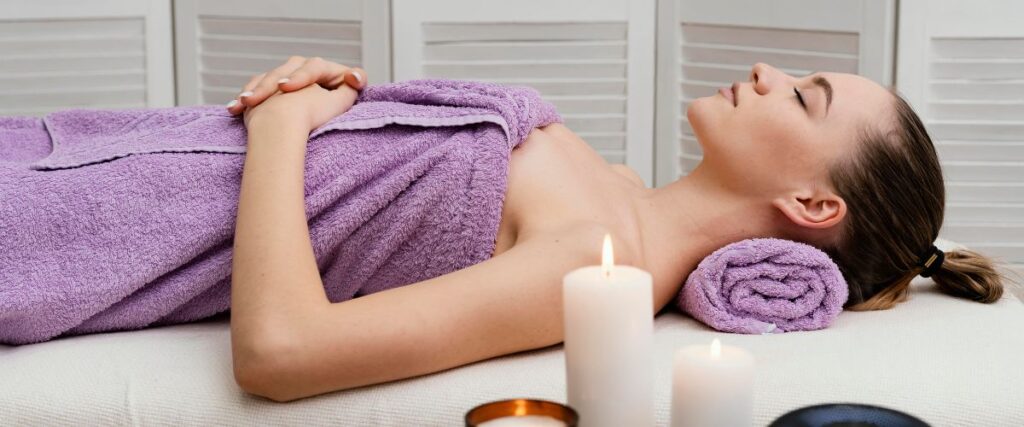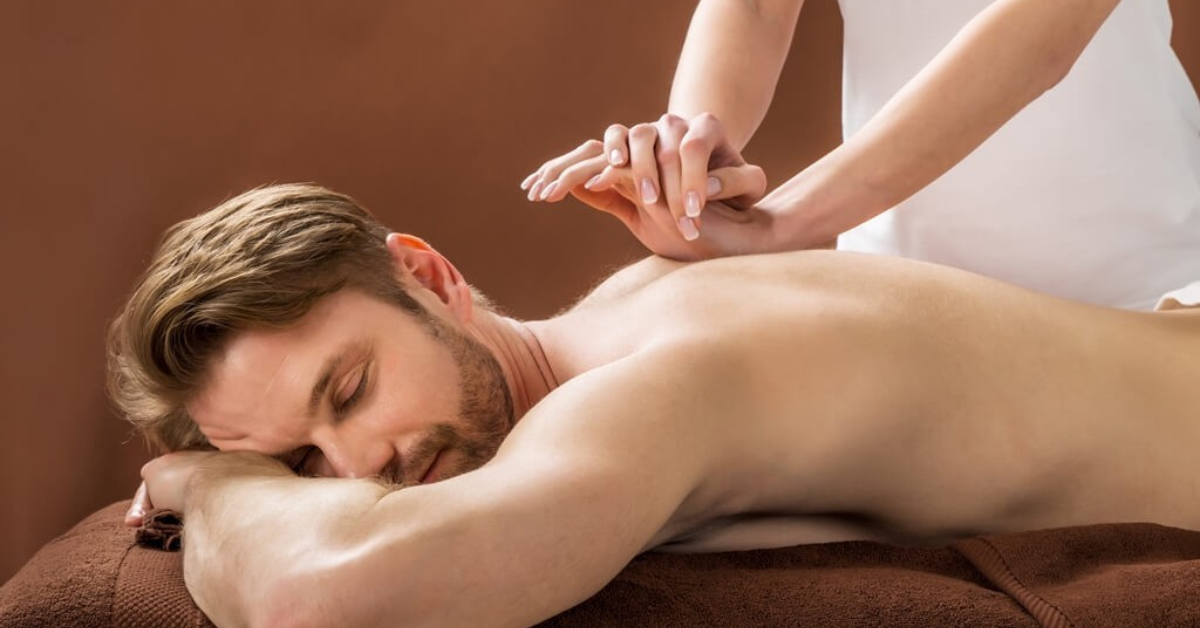
In today’s fast-paced world, stress and anxiety have become common companions for many. The demands of work, family, and daily life can take a toll on our mental well-being, leading to feelings of overwhelm and burnout. While traditional forms of therapy and medication are valuable tools for managing mental health, there is another lesser-known ally in the fight against stress and anxiety: massage therapy.
Understanding the benefits of massage therapy
Massage therapy has been practiced for centuries as a way to promote relaxation, reduce tension in the body, and improve overall well-being. While most people are familiar with the physical benefits of massage, such as relieving muscle tension and improving circulation, the mental health benefits are less widely known.
How massage impacts mental health
The art of touch is a powerful tool for promoting mental health. Massage therapy can help release endorphins, the body’s natural feel-good hormones, which can elevate mood and reduce stress levels. Additionally, massage can lower cortisol levels, the hormone responsible for triggering the body’s “fight or flight” response, leading to a sense of calm and relaxation.
The science behind massage and mental health
Research has shown that massage therapy can have a significant impact on mental health. Studies have found that regular massage sessions can reduce symptoms of anxiety, depression, and PTSD. Massage has also been shown to improve sleep quality, enhance concentration, and boost overall mental well-being.
Types of massages for mental well-being
There are various types of massage techniques that can benefit mental health. Swedish massage, deep tissue massage, and aromatherapy massage are just a few examples of treatments that can promote relaxation and reduce stress. Each type of massage offers unique benefits, so it’s essential to find the right one for your specific needs.
Techniques used in massage therapy for mental health
Massage therapists use a variety of techniques to promote mental well-being during sessions. Techniques such as gentle pressure, rhythmic movements, and soothing touch can help calm the mind, release tension, and improve emotional balance. Therapists may also incorporate essential oils, calming music, and dim lighting to create a relaxing atmosphere.
The role of touch in improving mental health
Touch is a fundamental human need that can have a profound impact on mental health. Massage therapy provides a safe space for individuals to receive nurturing touch, which can help reduce feelings of isolation, anxiety, and depression. The healing power of touch has been shown to increase feelings of connection, trust, and emotional well-being.
Research studies on the effects of massage on mental health
Numerous research studies have highlighted the positive effects of massage therapy on mental health. For example, a study published in the Journal of Clinical Psychiatry found that massage therapy reduced symptoms of depression and anxiety in patients with major depressive disorder. Another study in the Journal of Alternative and Complementary Medicine showed that massage therapy decreased cortisol levels and increased serotonin and dopamine levels, leading to improved mood and overall well-being.
Benefits of regular massage therapy for mental well-being
Incorporating regular massage therapy into your mental health routine can have long-lasting benefits. By scheduling consistent sessions, you can reduce stress, improve mood, and enhance emotional resilience. Over time, massage therapy can become a vital tool for managing mental health and promoting overall wellness.
Incorporating massage into your mental health routine
Adding massage therapy to your mental health routine can be a simple and effective way to prioritize self-care. Whether you choose to visit a professional massage therapist or practice self-massage techniques at home, taking time to nurture your body and mind can make a significant difference in your overall well-being.
Massage as a form of self-care
Self-care is essential for maintaining good mental health, and massage therapy is a valuable form of self-care that can benefit both body and mind. By prioritizing regular massage sessions, you can reduce stress, improve sleep quality, and enhance your overall quality of life. Making time for self-care activities like massage can help you feel more balanced, centered, and resilient in the face of life’s challenges.
Combining massage with other mental health practices
In addition to massage therapy, there are numerous other mental health practices that can complement your wellness routine. Practices such as mindfulness meditation, yoga, and journaling can enhance the benefits of massage and promote emotional well-being. By incorporating a variety of self-care activities into your daily life, you can create a holistic approach to mental health that supports your overall well-being.
Tips for finding the right massage therapist
Finding the right massage therapist is essential for experiencing the full benefits of massage therapy. When selecting a therapist, consider factors such as experience, training, and specialization in mental health. It’s also important to communicate your specific needs and preferences to ensure a personalized and effective treatment plan.
Real-life experiences of individuals benefiting from massage for mental health
Many individuals have experienced significant improvements in their mental health through regular massage therapy. From reduced anxiety and stress to improved mood and sleep quality, the benefits of massage are far-reaching. Real-life stories of individuals finding relief from mental health challenges through massage therapy can inspire others to explore this natural healing modality.
In conclusion, the surprising connection between massage and mental health highlights the powerful impact that touch can have on our emotional well-being. By incorporating massage therapy into your mental health routine, you can experience a range of benefits, including reduced stress, improved mood, and enhanced overall well-being. Whether you choose to visit a professional therapist or practice self-massage techniques at home, prioritizing touch as a form of self-care can be a transformative way to support your mental health.





